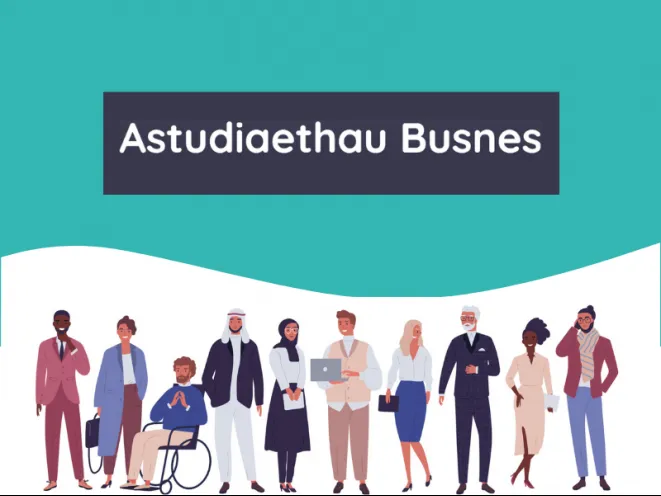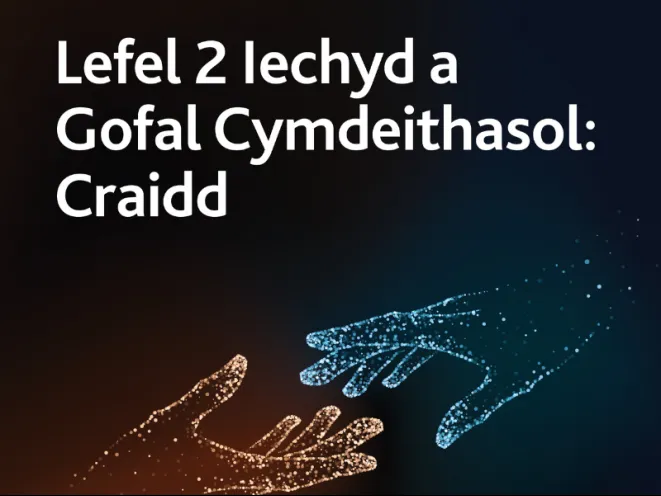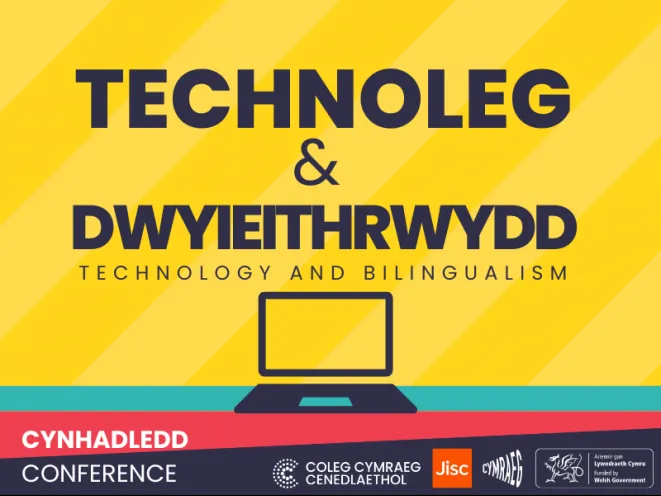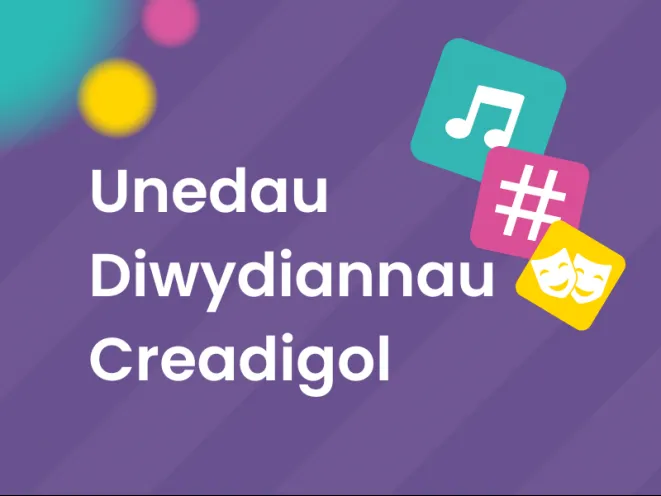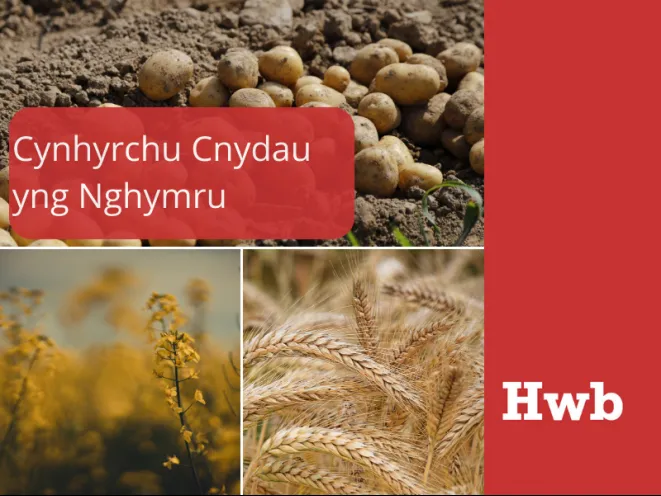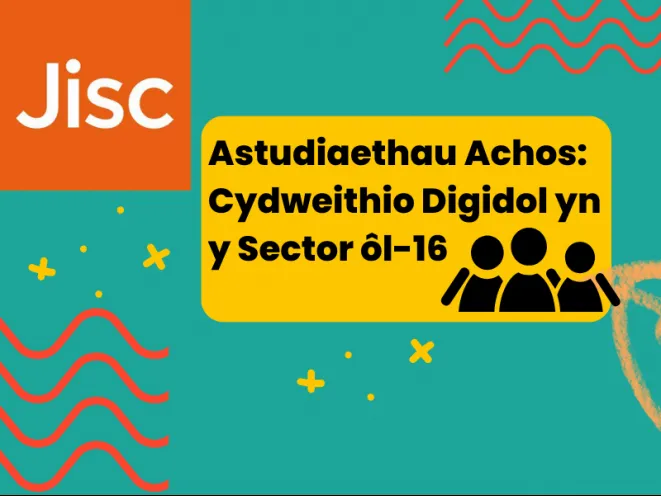This is a collection of e-learning Sport resources tailored for level 2 learners. You’ll find practical information on how to plan and run a session, the different jobs and responsibilities in sport and useful advice and insight into the everyday life of a variety of professionals in the field. The resource is split into three units: Planning and undertaking a Sports Session Roles and Responsibilities of Sports and Leisure Staff Working in the Sports Industry
Business Studies
In this resource you will have the opportunity to develop your knowledge and understanding of businesses and their markets. The resource is divided into six units: Exploring Business Marketing Personal and Business Finance Internatioln Business Principles of Managment Business Decision Making Here you'll discover information about Welsh businesses and companies that you can use to undertake further research or to complete assignments. You will also come across short exercises and case studies that will test your basic understanding. This resource targets learners that are studying business courses at level 3.
Meat Promotion
Beef and lamb production website for learners studying a Level 2 and 3 qualifications in Agriculture. Here you’ll learn about different aspects of the meat production industry, from finance and business management to suitable breeds and different systems. Get browsing! The website contains seves units on producing beef: Overview of the UK Beef Industry Beef Cattle Breeds Suckler Cow System and Source of Store Cattle Introduction to Beef Finishing Systems Managing Herd Fertility and Replacements Health and Welfare of Beef Cattle Business Considerations When Beef Farming and seven lamb production units: Overview of the UK Sheep Industry Breeds and the Stratification System Understanding the Ewe Year of the Shepherd The Lamb Market The Main Sheep Husbandry Tasks Business Considerations When Sheep Farming
Sharing good practice for middle managers
Panel discussion: Sharing good practice for middle managers (further education and apprenticeships) A recording of a panel discussion with four Further Education curriculum area managers as they discuss their approach to increasing bilingual / Welsh provision within their departments. They discuss their good practices as well as how they have overcome challenges: Yusuf Ibrahim, Assistant Principal – Higher Education, Academic Studies, Foundation and Adult Learning - Cardiff and Vale College (Chairing) Lucy Breckon, Work Based Learning Manager (Health, Care and Commercial Enterprises) – Pembrokeshire College Rhian Pardoe, Health and Care Learning Area Manager – Gower College Swansea Amy Thomson, Sports and Public Services Program Manager – Grŵp Llandrillo Menai Rachel Lewis, Construction Curriculum Manager – Bridgend College The event took place on the 5th of February 2025.
Level 3 Health and Social Care – Principles and Contexts Handbook
Please find link below to Atebol's website to buy the Level 3 Health and Social Care – Principles and Contexts Handbook by Carol Bennett, Sara Jones, Rhiannon Salisbury a Philip Webber. Suitable for Level 3 Health and Social Care: Principles and Contexts, part of the suite of Health and Social Care, and Childcare qualifications in Wales provided by City & Guilds/WJEC. The qualification and this resource are aimed at post-16 learners who are keen to learn more about the health and social care sectors. Suitable for Level 3 Certificate, Foundation Diploma, Diploma or the Extended Diploma. Provides a progression path for learners who have studied Level 2 qualifications in Health and Social Care, and Childcare. This resource is also suitable for learners who have not studied Health and Social Care before. A specific resource for Units 4, 5 and 6 of the qualification. It will also prepare you for external examinations and the relevant assessments. Offers guidance for studying the different subjects to make sure that you have a sound knowledge base and the necessary skills to be successful in your studies. Provides an opportunity to reflect on your experiences with opportunity to do further research to improve your understanding. Selected case studies give you an opportunity to show your understanding of what you have learned within the context of what you will face in your work of caring for others.
Revision Guides for the Level 2 Children's Care, Play, Learning and Development: Core Qualification
Revision guides created by ACT for units 1-5 in the Level 2 Children's Care, Play, Learning and Development: Core qualification. Diolch to ACT for agreeing to share.
Technology and Bilingualism Conference
Recordings of the sessions that were held at this year's Technology and Bilingualism Conference. The conference included a variety of sessions to discuss how technology can be used within bilingual and Welsh medium provision in the higher education, further education and apprenticeship sector.
Creative Industries Units
This collection contains six e-learning packages on the following areas: Business within the Creative Industries Art and Design within the Creative Industries Communication and research in Creative Media Exploring the Performing Arts and Professional Practice Career Pathways and opportunities within the Creative Industries in Wales Music industry and professional practice The packages are suitable for learners studying the relevant qualifications at levels 2 and 3 at further education colleges.
Crop production in Wales
This resource looks at crop production in Wales. It is suitable for learners in further and higher education studying programmes from levels 2 to 6. There are eight units each containing information on different aspects of crop production These include aspects of cultivation, establishment, growth, manuring, crop protection, harvesting and storage. The units are as follows: Introduction to crop growing in Wales Crop cultivation Crop establishment Crop growth and establishment Manuring Crop protection Harvesting Crop Storage This resource is on Welsh Government's HWB website and was published by Welsh Government.
GCSE Mathematics Revision Guides
Revision guides kindly provided by Coleg Gwent to assist students and learners sitting Maths GCSE exams. There are separate guides for the foundation and intermediate levels.
JISC Case Studies: Digital Collaboration in the Post-16 Sector
Jisc is working in partnership with Welsh Government to drive forward Digital 2030, which aims to see learning providers in Wales harness the potential of digital technology underpinned by principles of innovation, collaboration, co-production and social partnership. To support this, Jisc has sourced and developed six examples of successful collaborative initiatives using digital tools and technology in post-16 learning and teaching in Wales. We outlined the key success factors for these case studies and showed where each collaborative approach could be scaled up or was beneficial to address particular issues or subjects. As a whole, these case studies offer an insight into the exciting possibilities opened up by collaboration within and across sectors, enabled by digital technology, when partners in a collaboration share a common vision and sustainable approach. Key themes supporting Wales’ digital ambitions The case studies can be seen as exemplars of the four key national priorities outlined in the Welsh Government’s call to action for FE institutions in December 2022: Work collaboratively to widen access to learning opportunities Develop learners’ and staff digital capabilities and confidence for learning, life and work Maximise the potential of technology to empower, enthuse and inspire learners Embed agile, resilient and sustainable approaches to delivery The case studies The six case studies encompass colleges across Wales and collaborations across FE and with sixth forms, HE, work-based learning and community learning (see Appendix 1). The digital tools and technology in use range from virtual classrooms and virtual reality technology to apps and collaboration platforms such as Microsoft Teams. In brief, the case studies cover: Digital Diamonds: an active Welsh community of practice helping practitioners and managers deliver Essential Skills Wales (ESW) Digital Literacy across post-16 education and training. Educ8 and CEMET (University of South Wales): developing virtual reality resources for work-based learning through a collaborative approach with HE and employers. Growing Comms: installing connected active learning spaces in HE and FE through cross-sector collaboration, with strongly positive impacts on learners. St David’s WeConnect: collaboration between sixth forms to provide a wider curriculum through virtual classrooms. Target Tracker: colleges working collaboratively to develop digital tools to support learners with additional needs. Urdd Gobaith Cymru and the Gwreiddio Scheme (Coleg Cymraeg Cenedlaethol): developing Welsh language skills through collaborative learning for apprentices and teaching staff.
Creating and Using Bilingual Resources
This collection includes a blog and a recording of a webinar on creating and using Welsh medium and bilingual resources that were created by JISC in summer 2021. The blog is bilingual and the webinar is in Welsh with bilingual slides. Guest contributors to the webinar included the Coleg Cymraeg Cenedlaethol (Dr Lowri Morgans, Joanna Evans, Mary Richards and Enfys Owen), Welsh Government (Gareth Morlais) and Sgiliaith (Helen Humphreys).


